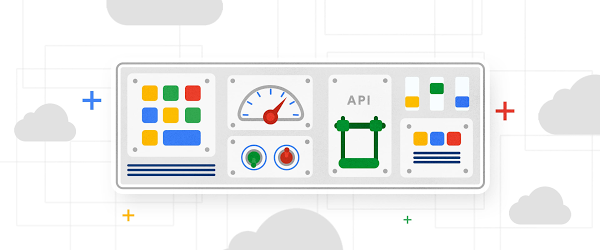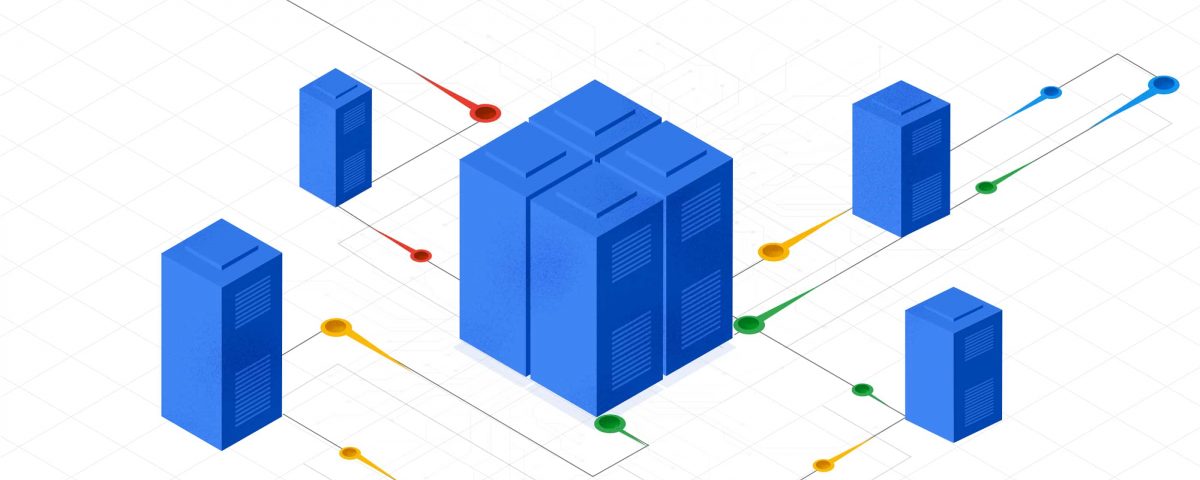
New KB articles published for the week ending 8th March,2020
March 12, 2020
How EBSCO delivers dynamic research services with Apigee
March 13, 2020Data storage is the foundation for all kinds of enterprises and their workloads. For most of those, our Google Cloud standard object, block, and file storage products offer the necessary performance. But for companies doing compute-intensive work like analytics for ecommerce websites, or gaming and visual effects rendering, compute performance can have a big impact on the bottom line. A slow website experience, or slow processing causing missed deadlines, just can’t happen. To make sure your workloads are set up for performance and latency, the first place to start is your storage. For the fastest storage available, that’s local solid state drives, or Local SSDs.
With that in mind, we’re announcing that you can now attach 6TB and 9TB Local SSDs to your Compute Engine virtual machines. The throughput and IOPS (per VM) of these new offerings will be up to 3.5 times our current 3TB offering. This means fewer instances will be needed to meet your performance goals, which frequently leads to reduced costs. If you’re already using Local SSDs, you can access these larger sizes with the same APIs you use today.
How Local SSDs work
Local SSDs are high-performance devices that are physically attached to the server that hosts your VM instances. This physical coupling translates to the lowest latency and highest throughput to the VM. These local disks are always encrypted, not replicated, and used as temporary block storage. Local SSDs are typically used as high-performance scratch disks, cache, or the high I/O hot tier in distributed data stores and analytics stacks.
A common use case for local SSDs is in flash-optimized databases that have distribution and replication built into the layers above storage. For apps like real-time fraud detection or ad exchanges, only local SSDs can bring the necessary sub-millisecond latencies combined with very high input/output operations per second (IOPS).



